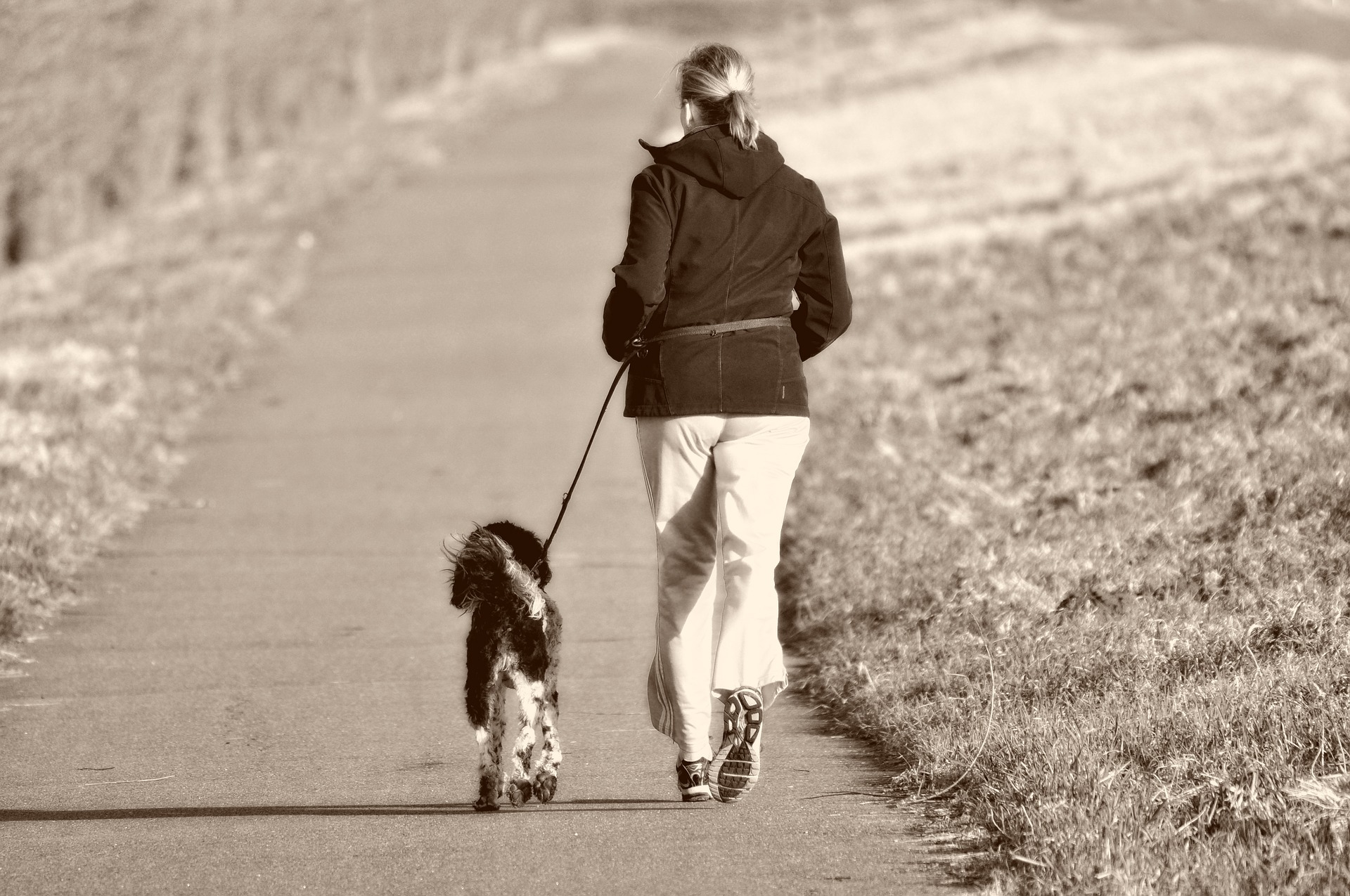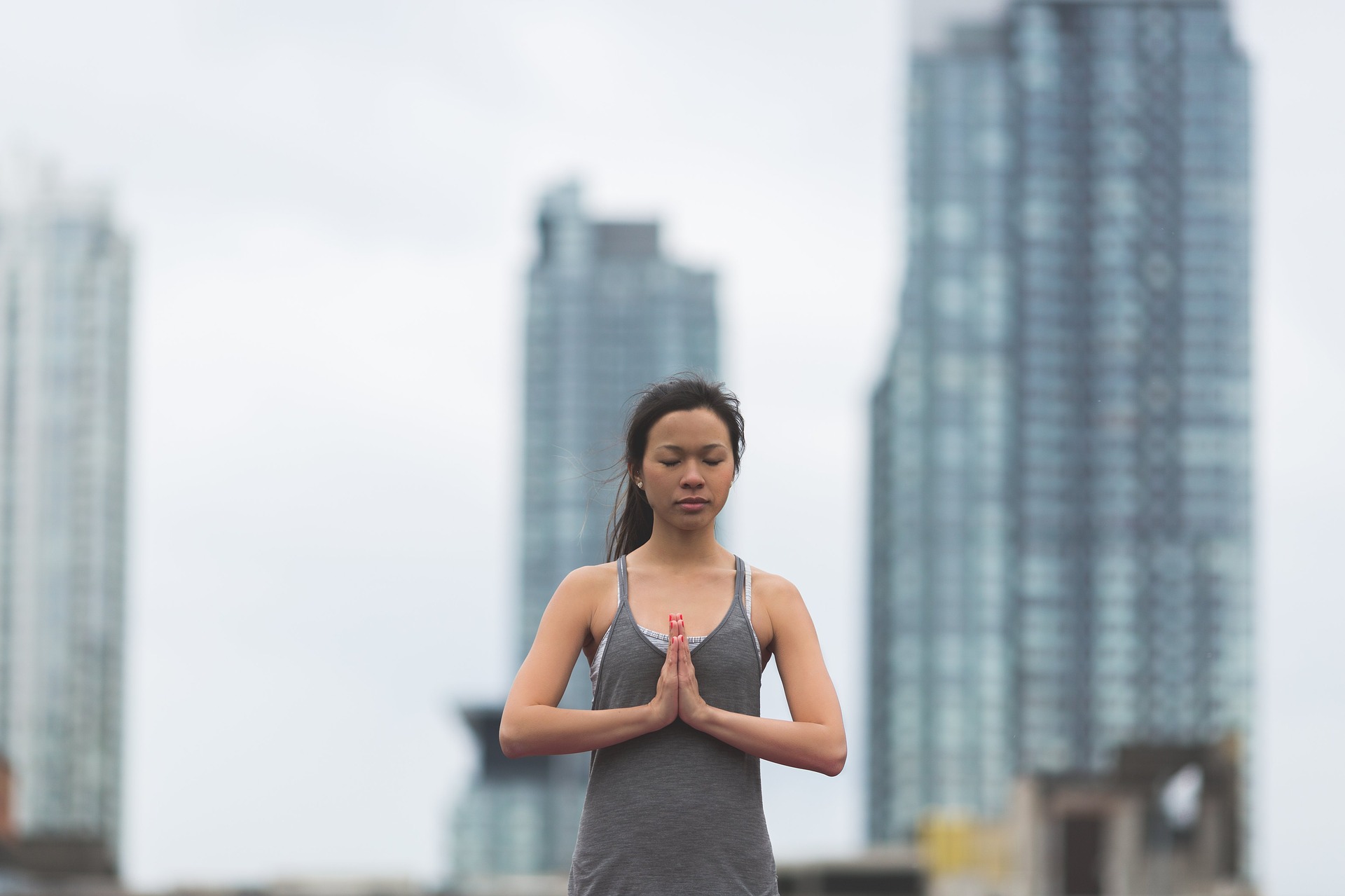
When we think about what it takes to lose weight and fight obesity, most people tend to focus on diet and exercise. Eating right and exercising are essential components for weight loss, but you will only get the results you’re looking for when you focus on overall wellness too. When you make wellness-focused actions part of your daily routine, you feel better, your body is healthier, and you see better results from your weight loss efforts.
Focus on what and how you eat
The best way to approach eating right for weight loss is to think of nutrition holistically. Instead of focusing on what you can’t eat, focus on how eating wholesome food gives your body the nourishment you need to be healthy and lose weight. Limiting calories and foods high in unhealthy saturated fats is part of a diet for weight loss, but paying attention to eating whole foods rather than highly processed options is just as important. How you eat plays a key role in battling obesity too. The Harvard School of Public Health recommends several strategies that help prevent overeating, such as eating breakfast, eating slowly, and preparing healthy meals at home rather than eating out (where portions tend to be larger and less nutritious).
Make workouts fun
You know that regular exercise is essential for weight loss, but even the best of intentions are no match for a boring workout routine. It’s much easier to commit to exercising when you find something you truly enjoy. If you feel like you’re in a rut with going to the gym, think outside the box, and maybe also outdoors. If you’re a dog lover, try enlisting your pup to help with your fitness goals. Whether it’s hiking, running, dog yoga (doga) or agility training, exercising along with your pooch benefits you both. According to Pet Health Network, exercising with your dog keeps you both healthier, it’s excellent socialization for your dog to get out and see the world, and you will both enjoy the connection you make from exercising together. Just be sure to keep your dog’s safety in mind, especially if you choose a higher intensity exercise like running.
Mind your mind
Even when you’re doing all of the right things with diet and exercise, if you have underlying depression, anxiety or other mental health concerns, letting these go untreated will hold you back. Any of these mental health issues can lead to overeating, which makes you feel bad about yourself and perpetuates poor mental health in a vicious cycle. To help break this cycle, The American Psychological Association recommends thinking about what you eat and why. When you track your eating habits and your thoughts, you can take a step back and see if you have made food choices related to something upsetting happening. Along with tracking food choices and treating concerns like depression, integrate daily activities like journaling, art, or meditation into your life to improve your mental and emotional well-being.
Make sleep a priority
Getting plenty of rest is essential to your overall well-being, but many people think of sleep as more of a luxury than a necessity. When you prioritize getting enough sleep, you’re not only boosting your overall health, but also your weight loss goals. Lack of sleep has been linked to overeating and making poor food choices, along with physiological effects on fat cells. Not getting enough rest also makes it harder to motivate yourself to stick to a fitness routine. Realizing that sleep is not just a luxury and that not getting enough sleep can sabotage the rest of your weight loss efforts should be a crucial part of your holistic approach to battling obesity.
Caring for your mental health and getting plenty of rest are just two examples of how maintaining your overall well-being is just as essential to losing weight as diet and exercise. When you focus on diet and exercise alone, other key parts of your health are getting left out. Work on caring for your whole self to feel better and achieve sustainable weight loss.
Photo credit: Pixabay



